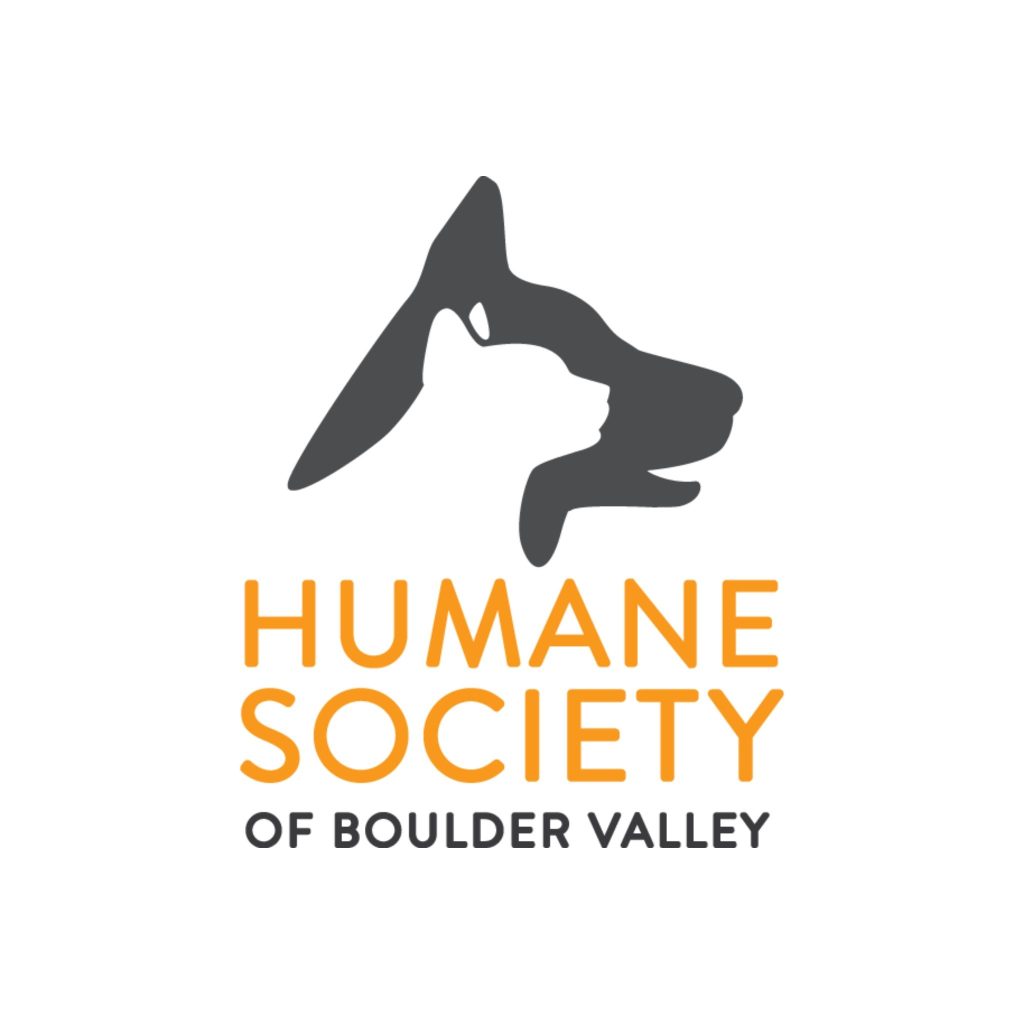Article Contributed by Mike
Published on 2025-10-07

In 1996, fresh out of college, I found myself at the Boulder Humane Society. It was my first full-time job, and like so many who step into animal welfare, I had no idea just how much it would change me. The shelter motto on our shirts said it plainly: speaking for those who cannot speak for themselves. It sounded noble then; it feels sacred now.
Life in the kennels was constant motion. Every day was an unpredictable storm of barking, cleaning, feeding, adoptions, laundry, vaccinations, and intakes. There were moments of joy—like walking dogs with potential adopters, or naming the strays that came through the doors. I admit, a lot of those names came from Grateful Dead songs or lyrics. Somewhere out there are pets called “Cassidy” or “Althea” because of those days.
But behind the joy and chaos was a duty that weighed the heaviest: euthanasia. We called it “EC duty.” Each week, if you worked the kennels, one of your shifts put you on that team. The first year, you assisted; after that, you had to take the lead. It was hard enough when it was just us and the animals. But the hardest moments were the ones announced over the intercom: “Owner present EC.”
That phrase froze everything. It meant a family had come in to say goodbye to a beloved dog or cat, often old, often frail. They wanted to be there at the end. And if you were on EC duty, it was your job to find the vein, steady your hand, and administer the injection. The animal was scared. The family was sobbing. Sometimes the veins were weak and hard to find. In those moments, time slowed to a crawl, and all the noise of the shelter—dogs barking, phones ringing, adoptions happening—faded to silence. All that remained was the life in front of you, and the family letting go.
It was miserable work. No training could make it easy. But it was also necessary, and in its own way, it was sacred. For those animals, you were the last person to hold them with care. For those families, you carried a burden they couldn’t bear alone.
I’ve carried those memories for decades. They’re etched into me as much as the chaos of kennel runs, the endless piles of laundry, or the wild unpredictability of what the next intake would bring. I even remember the surreal nights when people would leave dead farm animals in the parking lot, as if we were simply the place where all of life and death converged.
But more than anything, I remember the people. The kennel workers, the techs, the vets, the volunteers—the ones who showed up every day to clean, to comfort, to heal, to say goodbye when no one else could. It was exhausting work, and often heartbreaking, but it was also the best of humanity.
Because that’s what animal welfare is, at its core: not just saving lives, but being present for them in every stage—birth, rescue, adoption, and yes, even the end.
So if this memory lives on anywhere, let it be as a tribute to those hard workers in shelters everywhere. The ones who don’t make headlines, but who carry the weight of compassion day after day. They are, if you ask me, the best in humanity. They are the ones who truly speak for those who cannot speak for themselves.